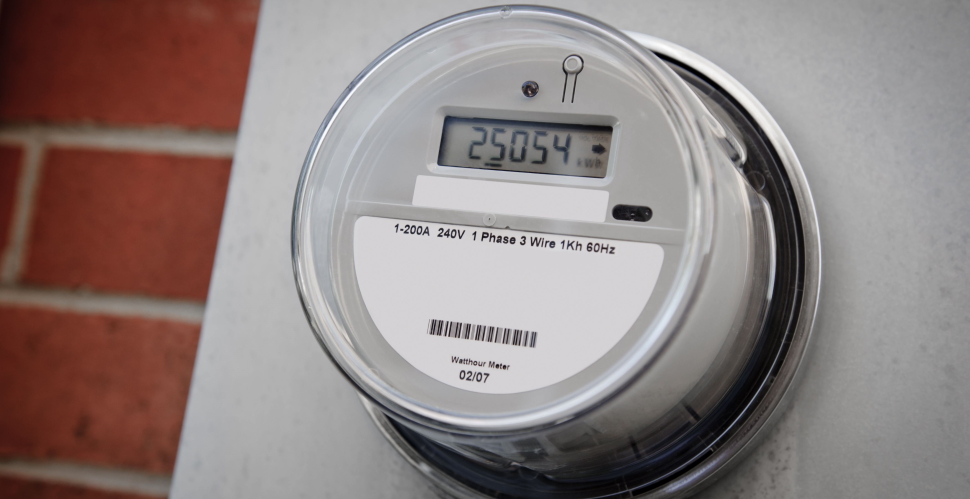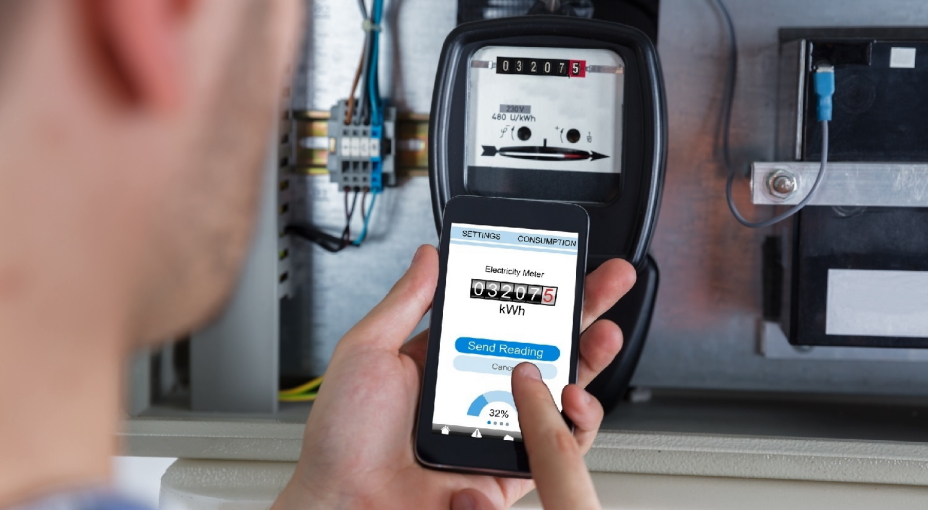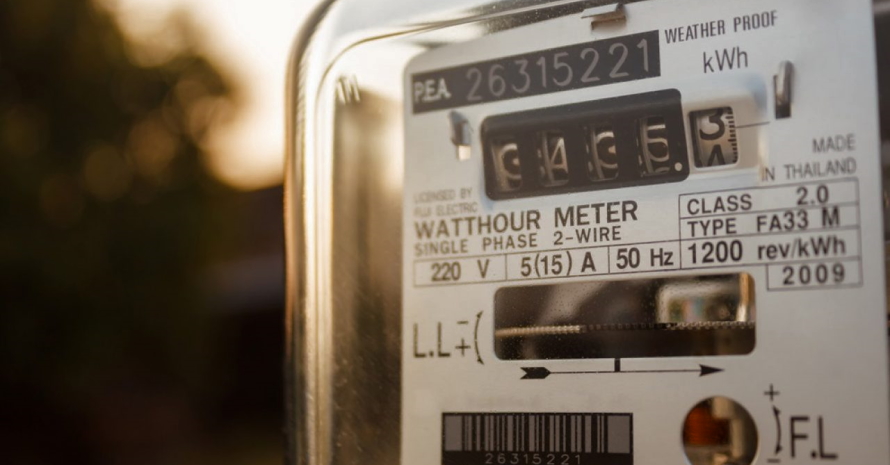
Pros and Cons of Smart Electricity Meters
- Published in: Electrical Work
- Permalink
As national grids are becoming more mobile, reliable, and adaptable to green energy technology such as solar and wind power, smart meters can gradually substitute traditional gas and electricity meters. They have a plethora of intelligent features, along with the ability to educate customers about their energy usage through a monitor built in their home. They will now speak directly with electricity providers, removing personnel’s requirement to enter homes to read meters. They accomplish this by transmitting out a signal, similar to a cell phone signal, that supplies the meter reading directly to the energy supplier. It also operates in reverse, allowing the energy provider to transmit details to the show in the consumer’s house.
Pros and Cons of Smart Electricity Meters
Following are the advantages and disadvantages of using smart meters:
Advantages of Smart Electric Meters
- Visibility
The value of smart meters for user knowledge visibility derives from the idea that homeowners can utilize more electricity with existing traditional meters than they currently need. On the other hand, smart meters enable customers to see precisely how much electricity they are using and where they are using it.

- Economic savings
These features allow intelligent meters to assist customers in saving money on their electric bills. At the moment, householders collect approximate bills after consuming electricity. This poses challenges since it is always impossible to equate costs and use.
- Accuracy
Smart meters transmit precise data to the power utility, removing the need for guesswork. There is no question about this since they are rigorously checked right before they reach the plant.
- Green energy targets
Then there’s the goal-setting for clean energy implementation. Smart meter data would allow policymakers and other organizations to develop sustainability policies to reduce the environmental effects of energy use.

Disadvantages of Smart Electric Meters
Any technology contains advantages and disadvantages; although smart meters have advantages, they can pose a challenge to electric utilities and consumers. However, the overwhelming majority of these limitations are just temporary. When the infrastructure is in operation, and testing has been done, smart meters will put these challenges to energy suppliers and customers.
- Make the transition to modern technologies and procedures
- Managing the public’s response to the updated meters as well as consumer acceptance
- Making a long-term strategic investment in advanced metering technologies and applications
- Managing and maintaining large volumes of metering data Preserving metering data protection
- Smart meters increase bills
Other drawbacks include the fact that smart meters eliminate the need for human meter readers; to date, hundreds of people have lost their employment. Furthermore, although smart meters were expected to save customers money, consumers seldom monitor their complicated meters. They, therefore, are unwilling to make energy usage improvements.
